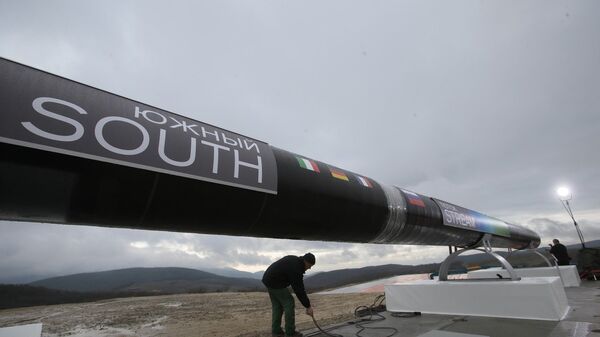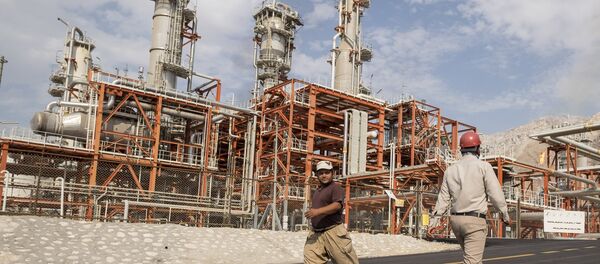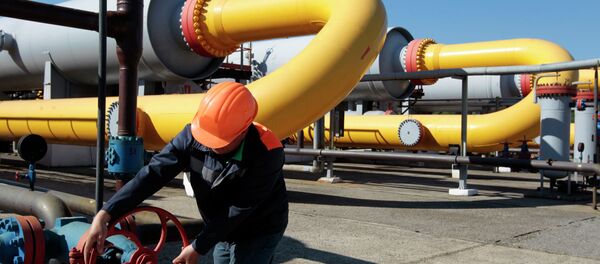The state of the international energy market has changed dramatically over recent years. Since America planned out its gas export project, gas prices have significantly dropped, following the collapse of oil prices. And they will now hardly cover the expenses that come with liquefying and transporting gas to distant territories.
There was high demand for this source of energy in Japan after the Fukushima disaster, but now Japan's nuclear plants are coming back online. Meanwhile, China's economy is undergoing moderate growth. Additionally, China has plenty of options to satisfy its needs for natural gas, one of which is signing new deals with Russia.
Australian gas projects have launched yet another blow on the United States' plans in Asia, given Australia is territorially closer to the oil markets, while US is shipping out of terminals in the Gulf of Mexico.
Surprisingly, gas exports from the US may lead to paradoxical outcome and further strengthen Europe's dependence on Russia. Relatively cheap Russian gas has already provoked conflicts in Europe. Based on commercial considerations, Germany is keen to build new pipelines and rely on Russian gas, despite Brussel's calls for finding alternative suppliers.
James Henderson of the Oxford Institute for Energy Studies wrote in a new report, published on the institute's official website, that if Gazprom continues slashing prices and adapting, by changing the manner of conducting business in Europe, it can secure for itself leading positions in the region for decades, and that's exactly what Brussel has been trying to avoid.
"A more actively competitive strategy can benefit both Gazprom and the Russian government in the short and long term" Henderson wrote, "if Gazprom adopts a new contract model and also commits to trading on European hubs at spot prices in a more wholehearted fashion."
As a result, Kremlin may benefit from this strategy and maintain Russia's position as a key energy partner for Europe.



